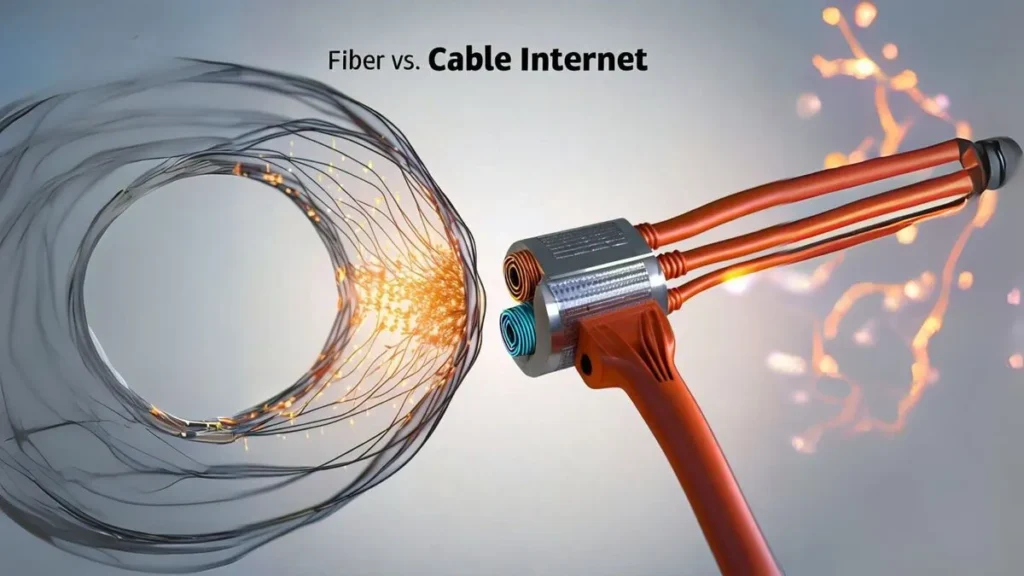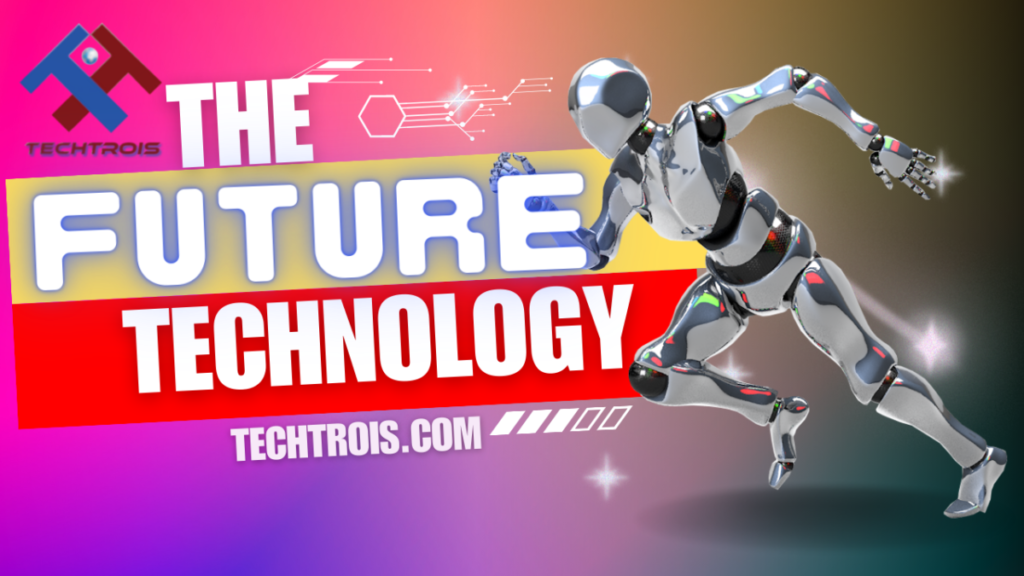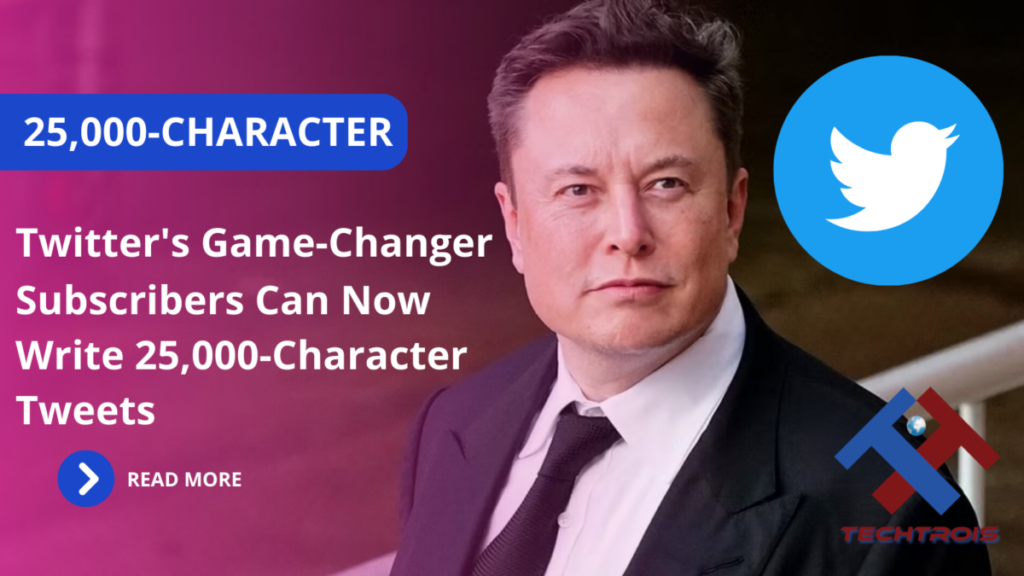What is Fiber Internet?
“Fiber vs. Cable Internet” Fiber internet, also referred to as fiber optic broadband, technology works through extremely thin and flexible glass or plastic cables. These cables transfer data using beams of light rather than electricity, ensuring extraordinarily high speeds for your internet connection.
Gustavo Soares, Global Product Manager at Dell Technologies, says, “Fiber internet is the newest and best thing from internet providers like Google Fiber, Verizon, and AT&T in the U.S., and others around the world.” One fiber optic cable can send more data than thousands of copper cables, making it faster and better. In certain places, fiber internet can reach speeds of up to 10 gigabits per second.
Some internet service providers (ISPs) might give you a choice between a 100% fiber optic network or a hybrid one. A hybrid network mixes fiber optic cables with regular copper coaxial cables. Both types offer speedy, dependable, safe, and stretchy internet, but hybrid networks are easier to find related to pure fiber ones.
Fiber internet pros and cons:
Fiber internet has its advantages and disadvantages to think about. On the plus side, it can give you super-fast speeds, reaching up to 10,000 Mbps. It also has low latency, which means less waiting when you watch videos, play games online, or browse the web. Plus, it’s really reliable because it doesn’t rely on electrical gear that could break in bad weather.
But there are some drawbacks to fiber too. It’s usually more costly than other kinds of internet, like cable. Also, if you live in a rural area, you probably won’t have access to fiber internet. The Fiber Broadband Association says only about 60.5 million homes in America can get fiber internet. But the good news is, more and more places are getting access to fiber optic internet, so even if you can’t get it now, you might be able to in the future.
Pros:
- High Speeds
- Low Latency
- Reliable
Cons:
- Expensive
- Limited Availability
- Complex Installation
What is Cable Internet?
“Fiber vs. Cable Internet” Cable internet is a fast type of internet that uses the same cables as your cable TV. It works by using coaxial cables along with a cable modem to send data through sound waves and give you an internet connection.
Even though it’s not as fast as fiber internet, cable internet is still the most common type of connection. If you have cable TV in your area, you probably have access to cable internet too, usually from different providers. And don’t think it’s slow either; most cable connections can reach download speeds of 100 Mbps.
The real slowdown happens with upload speed. Gustavo Soares explains, “Unlike fiber internet, cable has a much slower upload speed compared to download speed. This setup benefits people who use the internet mostly for watching or downloading content rather than creating and sharing it.”
Precisely! If you love streaming, cable internet can be a solid choice for you. But if you’re someone who creates and uploads videos often, fiber might be the better fit for what you need.
Cable internet pros and cons:
Just like fiber internet, cable internet has its pros and cons that are worth knowing. Cable internet is easy to find, even in small towns or rural areas, and it’s usually cheaper than fiber internet. Plus, a lot of providers let you bundle it with cable TV and other services, which can save you money each month on your bills.
If you choose cable internet, assume to deal with higher latency or delays and slower upload speeds. This happens because cable internet can be affected by network congestion, especially when lots of devices are in use at the same time or you’re doing things like streaming movies on multiple devices. Also, some cable internet plans might have extra fees that increase your overall costs, such as setup and installation fees or overage fees.
Pros:
- Widely Available
- Less expensive than Fiber Internet
- Can bundle with other services, like cable TV
Cons:
- Susceptible to latency
- Potential for slow upload speeds
- Can come with hidden fees



